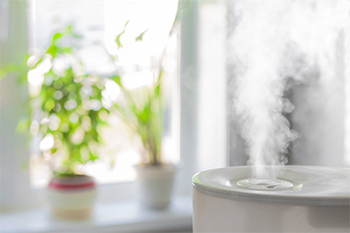
Beat Dry Skin for Good This Season by Your Marque Team
West coast living this time of year means cool ocean breezes and foggy, wet mornings. Unfortunately, it also means dry skin. It’s estimated that nearly 70% of Americans suffer from some degree of dry skin and the winter climate doesn’t help.
Why does winter weather cause dry skin?
Seasonal dry skin, known as the winter itch, occurs when low levels of humidity draw out the moisture in your skin. Cold, dry wind can leave your skin feeling flaky and sensitive. The drop in temperature also mean you’re probably taking hot showers and turning the heater on in the house. These actions dry out the air, making your skin more vulnerable.
It’s also important to recognize that because your skin is more sensitive, traditional household soaps and body washes can contribute to dry skin in the winter season.
What can I do to keep my skin hydrated and healthy? 
Nothing is more annoying than having to sit through a business meeting or dinner date with a nagging itch. Flaky, red patches can also lead to eczema, rashes, and even scarring.
Luckily, there are many things you can do to prevent the itch.
- Moisturize!
There are dozens of moisturizers that will get your skin feeling hydrated and smooth. Look for lotions that contain skin protectant oils and minerals such as lanolin. Everyone’s skin is unique, so be sure to purchase a lotion that is specific to your needs.
After finding a good moisturizer, develop a healthy skin routine. Be sure to put on moisturizer as soon as you get out of the shower. Continue to use lotion several times throughout the day. When it comes to dry skin, prevention is the best treatment.
TIP: If you suffer from dry feet, try putting on socks immediately after applying lotion. The cotton in your socks will hold the moisture in.
- Hydrate
Drinking water not only helps your body fight the winter bugs but is a crucial element to healthy skin. When the outer layers of skin receive enough water, they can release healthy oils that keep the skin moisturized. Hydrating masks and oils may serve as a healthy replacement.
TIP: If the skin on your face feels dry and itchy, rubbing a bit of coconut oil may help to relieve the tightness.
- Humidify
If dry skin continues to ail you, try placing a humidifier in your home – especially when you sleep. A humidifier introduces water in the warm air, allowing for moisture to build up.
TIP: Place a few drops of a fragranced oil in your humidifier tray. The subtle scent will help you relax.
- Accessorize
Exposure to the dry air is the number one cause of dry skin. Wearing winter gear like gloves, hats, and scarves can drastically help your skin contain moisture.
TIP: Even in cooler weather, UV rays can still damage your skin. Continue to lather up in sunscreen.
- Chat with Your Doctor
If your dry skin worsens or persists, talk to your doctor about using a prescription cream like hydrocortisone or pramosone. Your doctor can also determine how diet, sleep, and stress are affecting your skin.
TIP: Oatmeal baths have shown to drastically reduce dry skin.
The information provided is for general interest only and should not be misconstrued as a diagnosis, prognosis or treatment recommendation. This information does not in any way constitute the practice of medicine, or any other health care profession. Readers are directed to consult their health care provider regarding their specific health situation. Marque Medical is not liable for any action taken by a reader based upon this information.
